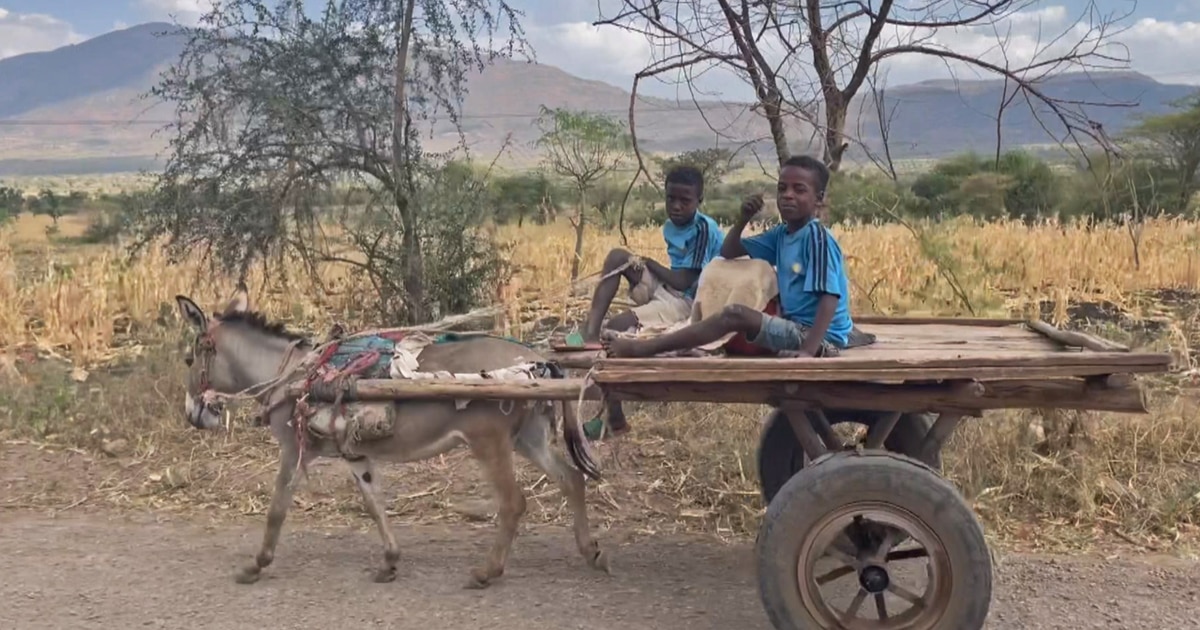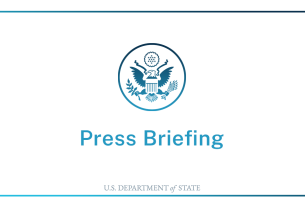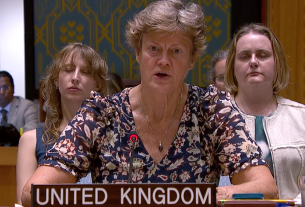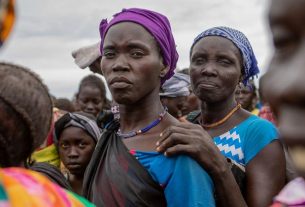Huge swathes of land across Southern Ethiopia are dry, cracked and barren. Fields of crops brown, full of wilted vegetation; and on a nearby dusty road lies an animal’s skull. The arid landscape is the epitome of drought – the worst the Horn of Africa has seen in generations.
The relentless dry weather and high food prices are undercutting people’s ability to grow crops, raise livestock and buy food. It’s led to a desperate plea from aid workers to do more to save the millions of children in the area of dying from starvation.
TearFund’s Tim Manson visited the worst hit parts of Ethiopia in the weeks before Christmas, where he heard countless stories of how people were struggling to survive in a land with little water.
“I spoke with a 60-year-old man yesterday and he was telling me that this is the worst drought in his memory,” Manson says.
“A lot of rural families have experienced six failed harvests in a row. They are no longer able to feed themselves.”
Another woman recounted how she’d sold her two cattle to make money. The third died from a lack of food. Now her children are going hungry.
Unicef NZ chief executive officer Michelle Sharp says there’s no question that it’s a matter of life and death.
“It shouldn’t take tens of thousands of children to die before we sit up and listen,” she says.
The war in Ukraine has also compounded the food shortages on Africa’s east coast.
“They rely very, very heavily on importing wheat from certain countries, two of these countries are Ukraine and Russia,” she says.
“Because of the conflict that’s not coming.”
Ethiopia’s also been affected by war, in the northern region of Tigray. Getting aid into the war torn region has been difficult – till now.
A recent truce has opened up safer access – giving hope to Ethiopians there and abroad that this will see the nation’s economic situation improve.
Dawit Arshak is an Ethiopian community leader in Auckland. The ceasefire has given him optimism about the future of Ethiopia.
“The conflict is almost ended, that makes a big difference for us. We can rejoice, [end of war] that’s what we seek.
“Rather than fear, I’ve got hope, because I’ve seen very good measures [of progress].”
These measures include efforts by Ethiopia to increase its own grain production to a level where it can export it to neighbouring countries; and its plans for more renewable energy sources.
But the aid agencies say more global support is still needed to help Ethiopia fulfil its vision of being resilient in the face of the changing climate.
Manson says aid alongside development is key.
“We believe in the importance of humanitarian support, but also long-term initiatives that help people be more resilient,” he says.
Sharp says it’s a global crisis where “all of us have a role to play”.



